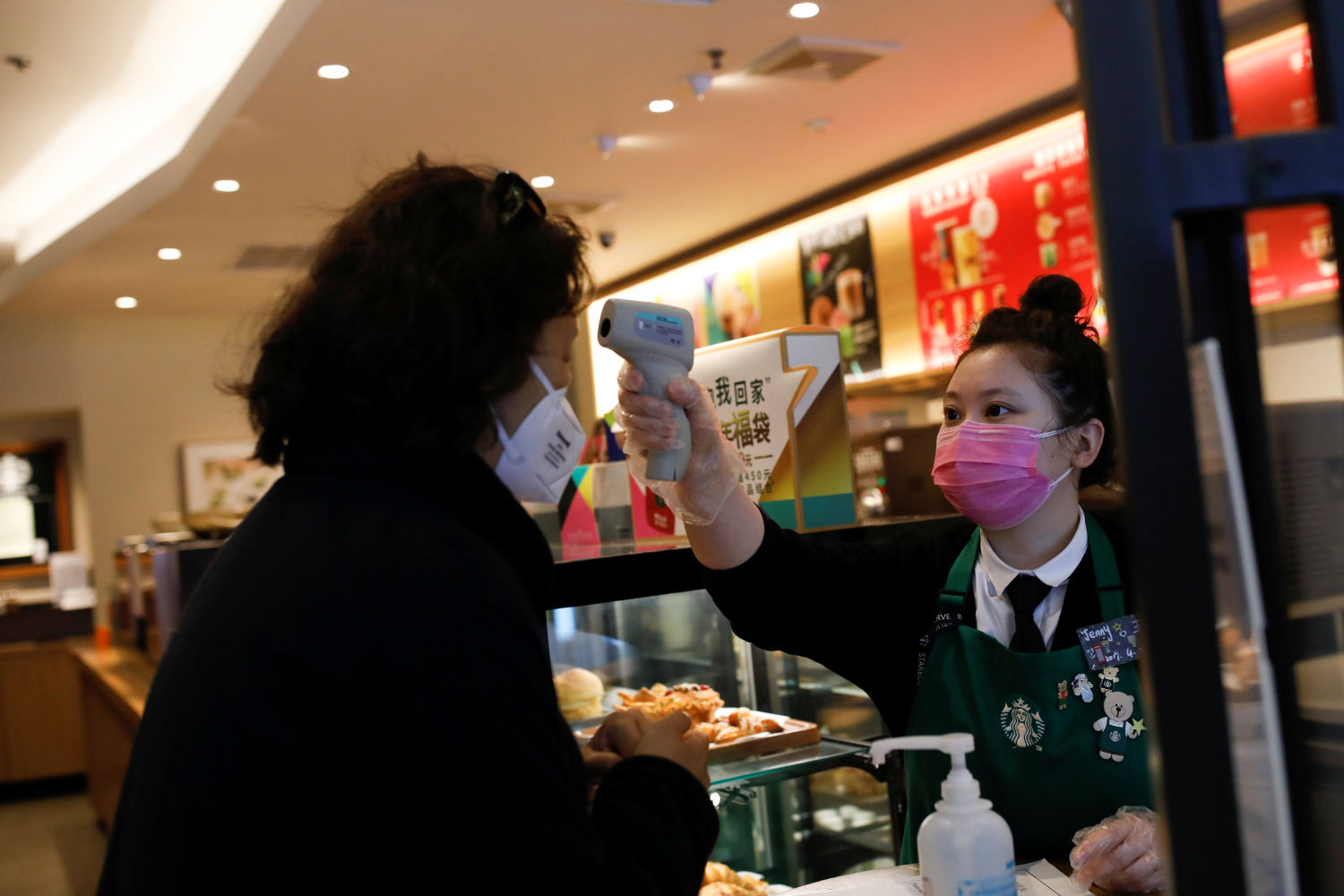(ATF) China’s economy grew 6.5% in the fourth quarter, data from the National Bureau of Statistics showed on January 18, outperforming expectations and setting the country up for a strong post-coronavirus pandemic recovery.
Gross domestic product (GDP) grew 2.3% in all of 2020, the NBS announced, making China the only major economy in the world to avoid a contraction last year.
“The export-led recovery gained further traction in the last quarter, keeping GDP growth on a steady upward path,” said Prakash Sakpal, senior Asia economist at ING. “This should outweigh any possible softening of domestic demand due to the renewed virus threat.”
The world’s second-largest economy staged a strong comeback last year from the pandemic, fuelled by a surprisingly resilient export sector. However, domestic consumption – a key driver of growth – has been lagging behind.
One reason, say analysts, is fear of a resurgence of the coronavirus, especially new variants of the pathogen seen in several countries. China reported 109 new Covid-19 local cases across Beijing and in three provinces on January 18.
NEW COVID-19 CASES
Beijing reported two new cases, while Hebei, the province surrounding the capital, reported 54 new cases. Jilin and Heilongjiang provinces recorded 30 and seven Covid-19 cases respectively.
Authorities have enforced strict lockdown measures on a series of regions, placed tens of thousands in isolation and begun building massive centralised quarantine facilities in efforts to stem the spread of the virus.
Ning Jizhe, NBS head, said that while China’s economy “recovered steadily” in 2020, there were “changing epidemic dynamics and external environment” that posed a “multitude of uncertainties”.
Analysts said the data showed that China’s economy had almost completely recovered from the pandemic. “This momentum will continue, although the current covid-19 outbreak in a couple of provinces in northern China might temporarily cause fluctuation,” said Yue Su, principal economist at The Economist Intelligence Unit.
Private consumption is still the weakest link, Su said. “With current stimulus policies from the State Council such as promoting rural car sales, consumption will maintain the current recovery momentum.”
Su added: “However, significant improvement in consumption will be difficult until we see sustained expansion of employment.” The unemployment rate reached 5.2% in December 2020, unchanged from November 2020.
Julian Evans-Pritchard, senior China economist at Capital Economics, said the retail data was encouraging neveretheless. “Despite the latest dip in retail sales, we see plenty of upside to consumption as households run down the excess savings they accumulated last year.”
OPTIMISTIC FIGURES
A slew of bright economic data has reduced the need for more monetary easing this year, leading the People’s Bank of China to scale back some policy support, but analysts said there would be no abrupt shift in policy direction.
“We expect macro policy to be conducted flexibly this year,” said Louis Kuijs, head of Asia research at Oxford Economics. “But, given recent trends and our solid global growth outlook, we expect China’s policymakers to be able to tighten policy this year, consistent with the Central Economic Work Conference’s commitment to contain leverage and financial risks.”
The GDP figures came days after China recorded its highest-ever monthly trade surplus in December, after three consecutive months of double-digit export growth. Exports rose 18% last month compared with the same period in 2019.
Fixed asset investment added 2.9%, a figure Maggie Wei, China economist at Goldman Sachs, described as “below market expectations”. Real estate investment rose 7%.
STIMULUS AFTER-EFFECTS
Evans-Pritchard said tailwinds from last year’s stimulus should keep industry and construction strong for a while longer. “Favourable base effects will also help keep growth rates elevated until at least the middle of this year,” he added. “Further ahead, however, we think growth will soften. Foreign demand for Chinese goods will drop back as vaccines start to reverse the recent shift in global consumption patterns.”
Credit Suisse sees robust momentum for China’s economy in 2021. “We see a strong recovery in retail sales and a pleasantly surprising surge in exports,” said Edmond Huang, head of the bank’s Hong Kong and China research.
“China’s exports, which have been resilient amid the global recession, will receive a further boost from an anticipated global economic recovery following the successful administration of vaccines,” he added.
With reporting by Reuters
























